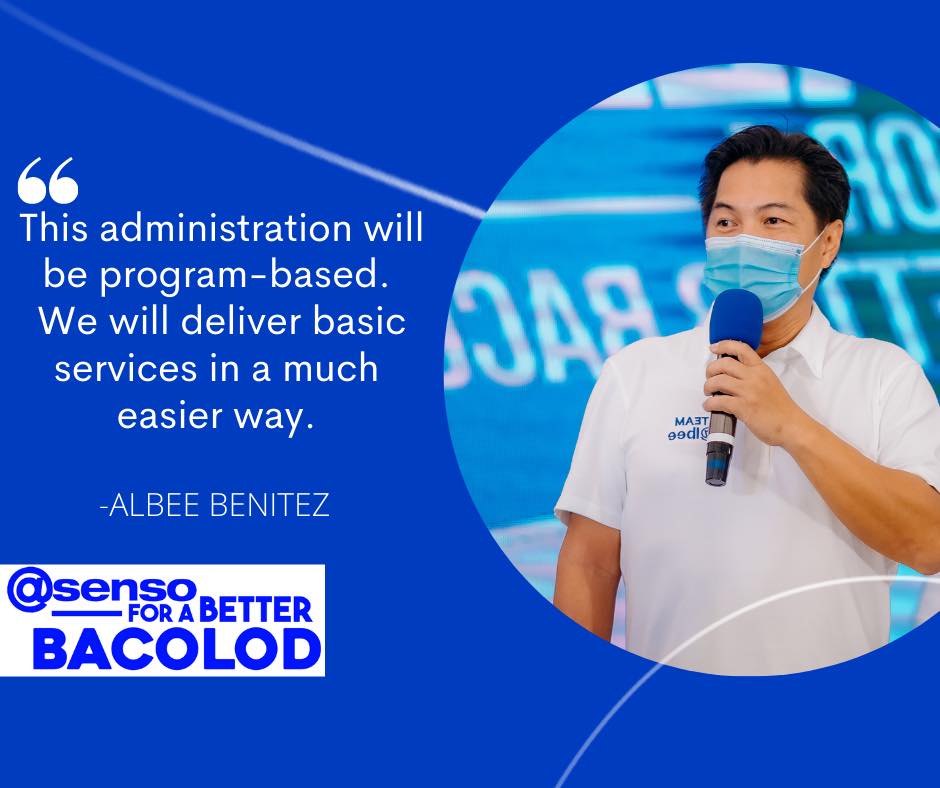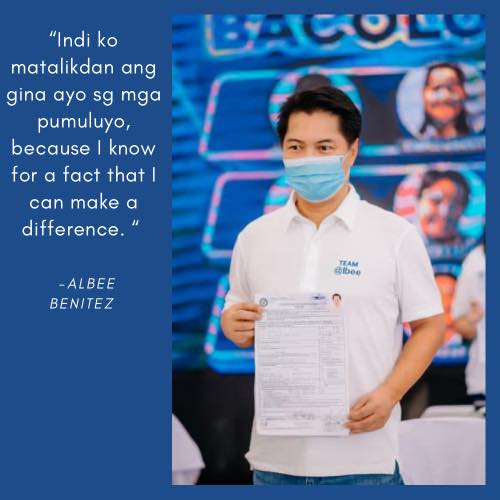House bloc seeks freeze on petrol tax

May 19, 2017 by Maricel Cruz
THE 42-strong Visayan congressmen on Thursday sought an automatic suspension of the implementation of the proposed six-peso tax on petroleum products to shield consumers from the adverse effects of higher fuel prices.
Negros Oriental Occidental Rep. Albee Benitez, head of the Visayan Bloc in the House of Representatives, said the main objective of Congress was “to protect consumers.”
Lawmakers led by Speaker Pantaleon Alvarez held an all party-caucus on Wednesday to fine-tune the Palace-proposed Tax Reform for Acceleration and Inclusion or TRAIN, formerly known as the Comprehensive Tax Reform Package that is scheduled for approval next week.
Meanwhile, the Finance department has agreed to work with the House of Representatives for the full implementation of the Lateral Attrition Law to ensure better revenue collection in support of the Comprehensive Tax Reform Package now under deliberation in the House, Speaker Pantaleon Alvarez said on Thursday.
Alvarez made the statement after the House conducted an all-party caucus Wednesday to set the stage for the CTRP bill’s approval on second and third and final reading before Congress adjourns sine die on June 2.
Benitez said the Visayan group intended to make the proposal, especially if the price of crude oil hovered around $80 per barrel as the awmakers had been given until Monday next week to submit their proposed amendments to the measure.
“We feel that this is an effective way to protect consumers from the erratic prices of petroleum products,” Benitez said.
“There should be a provision for automatic suspension in the implementation of the proposed tax on petroleum products.”
Quirino Rep. Dakila Cua, House committee on ways and means’ chairman, said the Finance department’s decision to spread out the proposed six-peso-per-liter increase in the excise tax on oil into three tranches of P3, P2 and P1 in the first three years would lighten the burden on the riding public.
House Bill 5636, principally authored by Cua, imposes the following tax rates: Leaded premium gasoline, per liter of volume capacity, from P5.35 to P7 in 2017, P9 in 2018 and P10 in 2019; unleaded premium gasoline, per liter of volume capacity, from P4.35 to P7 in 2017, P9 in 2018 and P10 in 2019; aviation turbo jet fuel, per liter of volume capacity, from P3.67 to P7 in 2017, P9 in 2018 and P10 in 2019; kerosene, per liter of volume capacity, from P0.00 to P3 in 2017, P5 in 2018 and P6 in 2019.
Diesel fuel oil, and on similar fuel oils having more or less the same generating power, per liter of volume capacity, from P0.00 to P3 in 2017, P5 in 2018 and P6 in 2019; liquefied petroleum gas, per liter, from P0.00 to P3 in 2017, P5 in 2018 and P6 in 2019; asphalts, per kilogram, from P0.56 to P3 in 2017, P5 in 2018 and P6 in 2019; bunker fuel oil, and on similar fuel oils having more or less the same generating power, per liter of volume capacity, from P0.00 to P3 in 2017, P5 in 2018 and P6 in 2019.
These tax rates shall also be increased by four percent every year thereafter effective Jan. 1, 2020, through the revenue regulations issued by the Finance secretary.
At the same time, Benitez said he and his colleagues coming from sugar-producing provinces would move to slash the imposition of P10-per-liter tax on sugar sweetened beverages to P5.
“We fear that the 10-peso proposal is too high and may kill the local sugar industry. We will propose this to slash by half,” Benitez said.
He said the proposal as it was now was “anti-poor” as the sugar industry was already burdened with the value-added tax and creditable withholding tax.
Ako Bicol party-list Rep. Rodel Batocabe, president of the the Party List Coalition composed of 47 representatives, said their members were considering abstaining during the scheduled second- reading voting of the TRAIN on Wednesday next week unless a compromised agreement was reached.
Batocabe said his group would insist on retaining the VAT exemptions for small and medium cooperatives even if they removed the exemptions of some electric and major lending cooperatives.
“A compromise should be reached here because we feel that this will be detrimental to our sector,” Batocabe said.
Cua said HB 5636, which he principally authored, would be passed on second reading next week, and on third and final reading before Congress’ first regular session ended on June 2.
“We are confident in the leadership of our speaker and our majority deader that with their spearheading the super majority, we are almost 100 percent sure that it will be passed in the lower chamber,” Cua said.
HB 5636 would exempt workers earning P250,000 and below for the years 2018 and 2019 from paying personal income taxes on top of then tax-free P82,000 worth of allowances and 13th month pay annually.
Once enacted, the bill is projected to generate P206.8 billion in revenues.
But Negros Oriental Rep. Arnulfo Teves said that instead of passing the bill, the Bureau of Customs must be able to collect P230 billion in annual tax leakage.
HB 5636 also proposes to restructure the excise taxes on alcohol.
It would also impose an ad valorem tax on brand- new automobiles based on the manufacturer’s or importer’s selling price, net of excise and VAT.
Related Stories:
@senso for A BETTER BACOLOD
Ang isa sa akon mga handom para sa Bacolod.


Ako ang kapitan sg sini nga barko. Indi ini magkadto sa wala ukon sa tuo, kundi derecho sa direksyon sang pagbag-o sang gobyerno para sa kaayuhan sang Bacolodnon.


